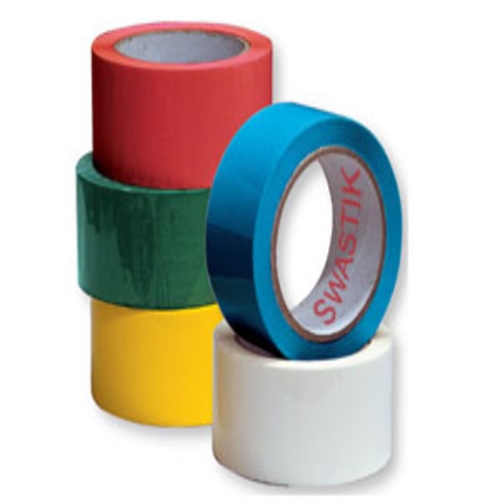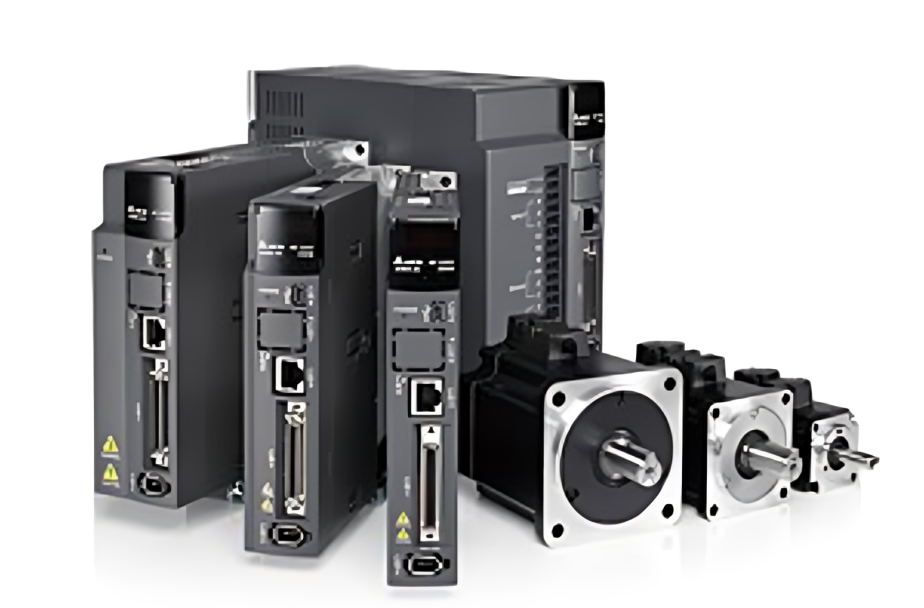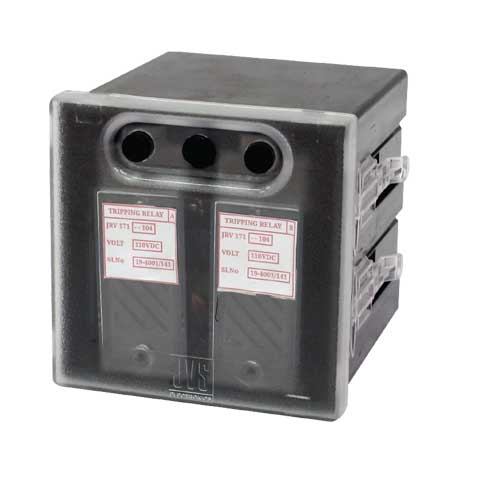Schedule a Call Back
Fastener Materials & Corrosion Resistance
 Technical Articles
Technical Articles- Apr 04,12
In simplest terms, a fastener may be defined as a hardware device that mechanically joins or affixes two or more objects together. Fasteners are manufactured in a wide range of materials from common steel to titanium, plastic (even composites) and other exotic materials. Many materials are further separated into different grades to describe specific alloy mixtures, hardening processes, etc. In addition, some materials are available with a variety of coatings or plating to enhance the corrosion resistance, or appearance of the fastener.
Fastener materials can be important when choosing a fastener due to differences between materials in strength, brittleness, corrosion resistance, galvanic corrosion properties, and of course cost.
Stainless Steel: Stainless steel is an alloy of low carbon steel and chromium for enhanced corrosion characteristics. Stainless steel is highly corrosion resistant for the price and because the anti-corrosive properties are inherent to the metal, it will not loose this resistance if scratched during installation or use.
It is a common misconception that stainless steel is stronger than regular steel. In fact, due to the low carbon content, stainless steel cannot be hardened. Therefore when compared with regular steel it is slightly stronger than an un-hardened (grade 2) steel fastener but significantly weaker than hardened steel fasteners. Stainless steel is also much less magnetic than regular steel fasteners though some grades will be slightly magnetic.
18-8 Stainless: 18-8 is a specific grade of stainless steel, contains approximately 18% chromium, 8% nickel, and is the most common grade used in fasteners. For those familiar with the 300 series of stainless steel 18-8 is similar to 304 stainless. 410 Stainless Steel: ASTM A276 Type 410; A193 Gr. B6. Magnetic and less corrosion resistant than other stainless alloys but hardenable.
Steel: Steel is the most common fastener material. Steel fasteners are available in plain as well as with various surface treatments such as zinc plating, galvanisation, and chrome plating.
Steel fasteners are commonly available in 4 grades. Many other grades exist but are used far less often. The most common grades are Grade 2, Grade 5, Grade 8, and Alloy Steel. Grade 2, 5, and 8 are usually plated with a silver or yellow zinc coating or galvanised to resist corrosion.
Alloy Steel: Alloy steel bolts are made from high strength steel alloy and are further heat treated. Alloy steel bolts are typically not plated resulting in a dull black finish. Alloy steel bolts are extremely strong but very brittle.
Silicon Bronze: Silicon bronze, often referred to simply as bronze, is an alloy made mostly of copper and tin with a small amount of silicon. Bronze is used primarily in marine environments. It is preferred over stainless in wooden boat construction and re-fastening due to its superior corrosion resistance, and over brass due to its higher strength. Bronze is similar to copper in colour and is also sometimes seen in fine woodworking where it is used for its appearance.
The main drawback of bronze is its high cost.
Brass: Brass is an alloy of primarily copper and zinc. Brass is highly corrosion resistant and electrically conductive. However, its use as a fastener is somewhat limited due to its relative softness. It is used primarily for its appearance.
Alloy 20: approximately 34% nickel, 20% chromium; excellent resistance to stress-corrosion cracking and to hot sulfuric acid; weldable, machinable and cold formable; best corrosion resistance of all stainless steel grades.
Inconel: 70% nickel, 12% chromium, 2% iron. Good strength and corrosion resistance at high temperatures. Used in aerospace, food processing industry and refineries. Monel 400: ASTM B164 Class A. Approximately 65% nickel, 32% copper. Nearly non-magnetic, 82,000 psi minimum tensile strength; strengthened by cold working. Heat (to 800?F) and corrosion resistance. Used in chemical, electrical and saltwater marine applications as well as offshore engineering, salt production, and hydrocarbon processing.
Monel 405: ASTM B164 Class B, suitable for machining.Monel 500: "K" Monel. Approximately 65% nickel, 30% copper, 3% aluminum. Age hardenable for improved strength and hardness, for pumps and marine applications.
Hastelloy C-276: 60% nickel, 16% molybdenum, 15% chromium. Resists corrosion in acidic environments. High strength at extremely high temperatures. Typical applications include equipment components in chemical and petrochemical organic chloride processes, pulp and paper digesters and bleach areas, flue gas desulfurisation (FGD) scrubbers, pharmaceutical and food processing equipment.
Titanium: Very high strength-to-weight ratio, good corrosion resistance and high temperature durability; excellent aircraft and aerospace material.
Determining Bolt Grade
Bolts of different grades are marked on the head to show what grade bolt they are. Grade 2 is a standard hardware grade steel. This is the most common grade of steel fastener and is the least expensive. Grade 2 bolts have no head marking (sometimes a manufacturer mark is present).
Grade 5 bolts are hardened to increase strength and are the most common bolts found in automotive applications. Grade 5 bolts have 3 evenly spaced radial lines on the head.Grade 8 bolts have been hardened more than grade 5 bolts. Thus they are stronger and are used in demanding applications such as automotivesuspensions. Grade 8 bolts have 6 evenly spaced radial lines on the head.
Coatings
Zinc Plating - Many steel fasteners are electro-plated with zinc for better corrosion resistance. Fasteners that have been zinc plated have a shiny silver or golden appearance referred to as clear or yellow zinc respectively. They are fairly corrosion resistant but will rust if the coating is destroyed or if exposed to a marine environment. Hot Dip Galvanising - Galvanising is another coating involving the application of a layer of zinc. Hot dipped galvanising puts the thickest possible coating on the metal resulting in superior corrosion resistance. Due to the thickness of the coating hot dipped galvanized bolts are not compatible with other nuts. Galvanised nuts are tapped slightly larger than other nuts to accommodate this coating. Hot dipped galvanised fasteners are frequently seen in coastal environments and in pressure treated lumber where the chemicals in the lumber may corrode other fasteners.
Chrome - Chrome is used in plating fasteners for appearance. It provides similar corrosion resistance to zinc plating. The main drawback of chrome is the extremely high cost. If more corrosion resistance is required stainless steel may be chrome plated, preventing any corrosion should the chrome be penetrated.
Related Products

Bopp Tape
Keval Industries offers a wide range of bopp tape.

Ac Servo Motors and Drives - Asda-a3 Series
Delta Electronics India Private Limited offers AC servo motors and drives - ASDA-A3 Series.
Read more
High Speeed Tripping Relay Two Element
JVS Electronics Pvt Ltd offers a wide range of high speed tripping relay two element JRV171x2.
Read more











